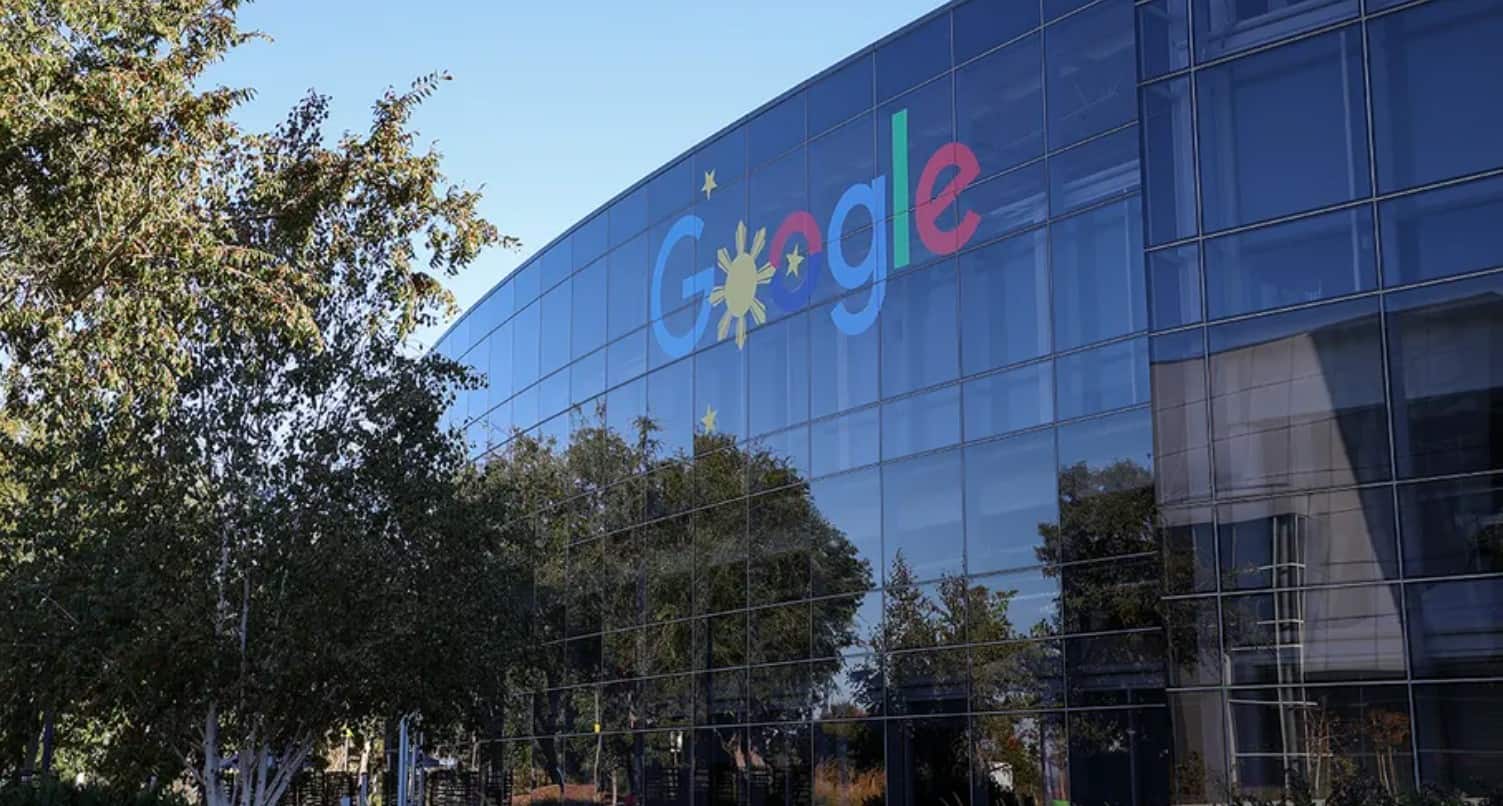Congress will launch a bipartisan effort to break up Google’s advertising hegemony in another pitched battle between lawmakers and big tech.
The Competition and Transparency in Digital Advertising Act would prohibit companies that exceed $20 billion in digital ad transactions from participating in more than one part of the digital advertising process.
The bill is co-sponsored by Sens. Ted Cruz (R., Texas), Amy Klobuchar (D., Minn.) and Richard Blumenthal (D., Conn.), according to the Wall Street Journal.
Google would suffer significantly from this bill due to parent company Alphabet’s earnings in excess of $54 billion from digital advertising in the first quarter alone. The bill would essentially need to split up in some form in order to comply with the new federal requirements.
The company’s legal troubles started in 2020 with a Department of Justice antitrust lawsuit, which alleged that Google used exclusive deals with wireless carriers and phone makers to control competition. Then-Attorney General William Burr said that Google maintained a “grip over the internet for millions […] beholden to an unlawful monopolist.”
Biden’s Justice Department started new investigations into Google’s alleged antitrust practices regarding digital advertising, but no lawsuit has yet been filed regarding the issue.
But Texas did file a lawsuit, which has grown into a multi-state effort, over its advertising practice, in January this year. Google Director of Economic Policy Adam Cohen wrote of the lawsuit that the company saw it as “more heat than light” that did not “meet the legal standard to send the case to trial.”
“The complaint misrepresents our business, products and motives, and we are moving to dismiss it based on its failure to offer plausible antitrust claims,” Cphen wrote in a blog post.
Google maintains a role in multiple steps of its digital advertising practice — a practice that Sen. Mike Lee, R-UT, lambasted as wearing multiple hats simultaneously.
“When a company can wear all these hats simultaneously, it can engage in conduct that harms everyone,” Lee told the Journal this week.
A Google spokesperson said of the new law that “braking those tools would hurt publishers and advertisers, lower ad quality and create new privacy risks.”
“The real issue is low-quality data brokers who threaten Americans’ privacy and flood them with spammy ads,” the spokesperson argued.
Companies would have one year to comply with the new requirements should the law go into effect.

